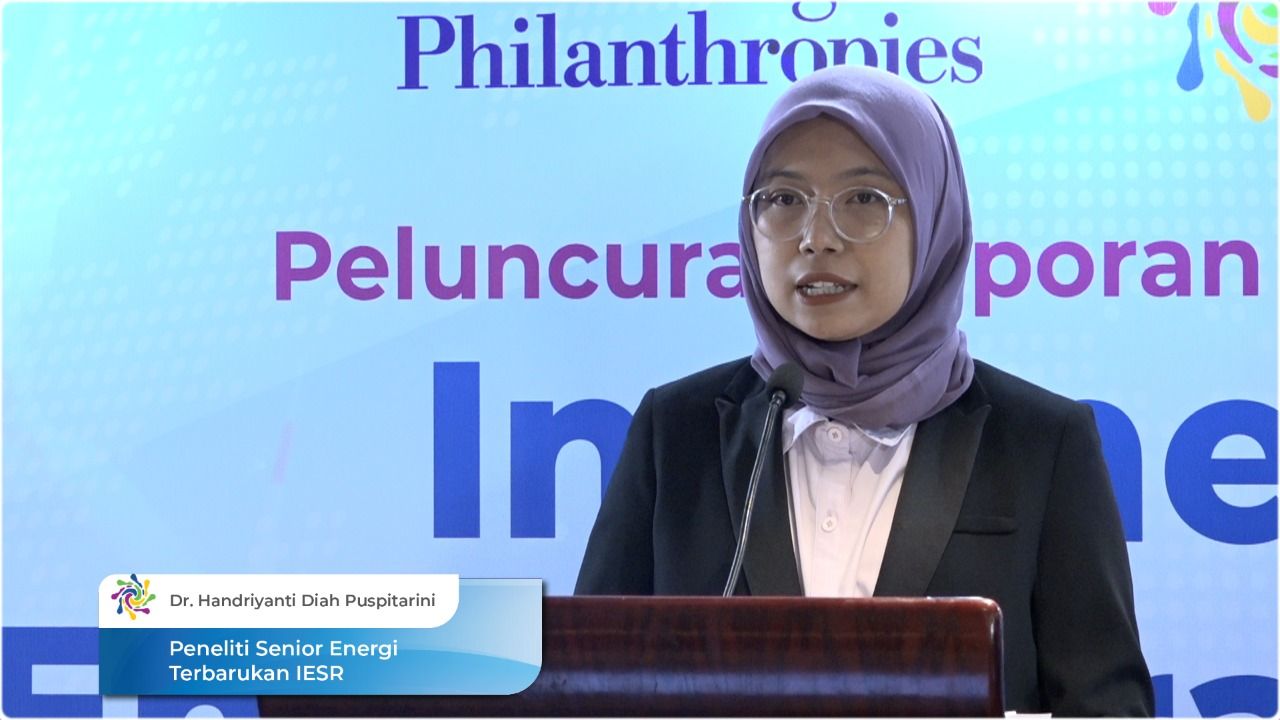Jakarta, December 15, 2022 - The Institute for Essential Service Reform (IESR) launched the Indonesia Energy Transition Outlook (IETO) 2023 report . IETO 2023 is the 6th edition; previously, this report was titled Indonesia Clean Energy Outlook in 2017 but changed its name in 2020. Its transformation widens the analysis from initially focusing solely…

